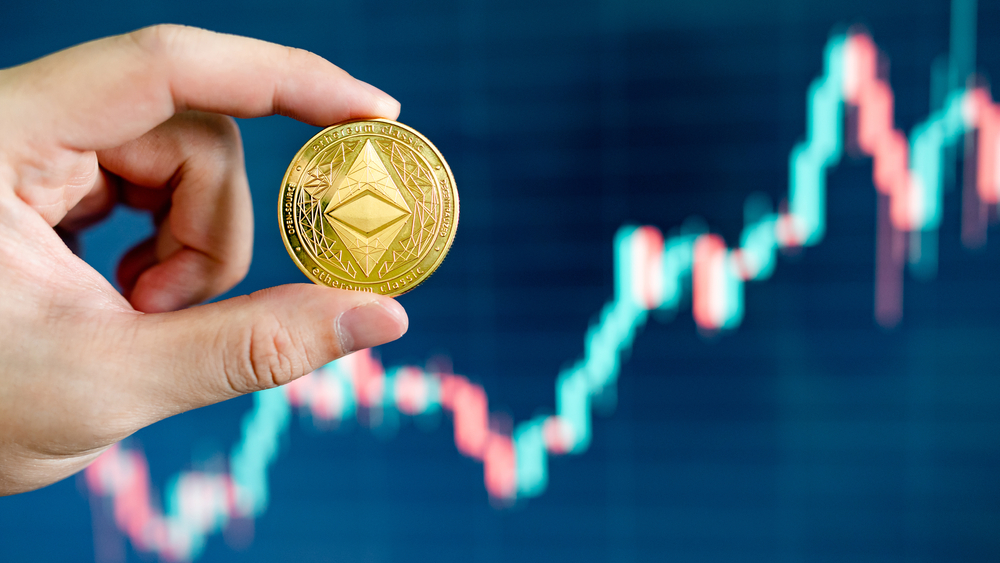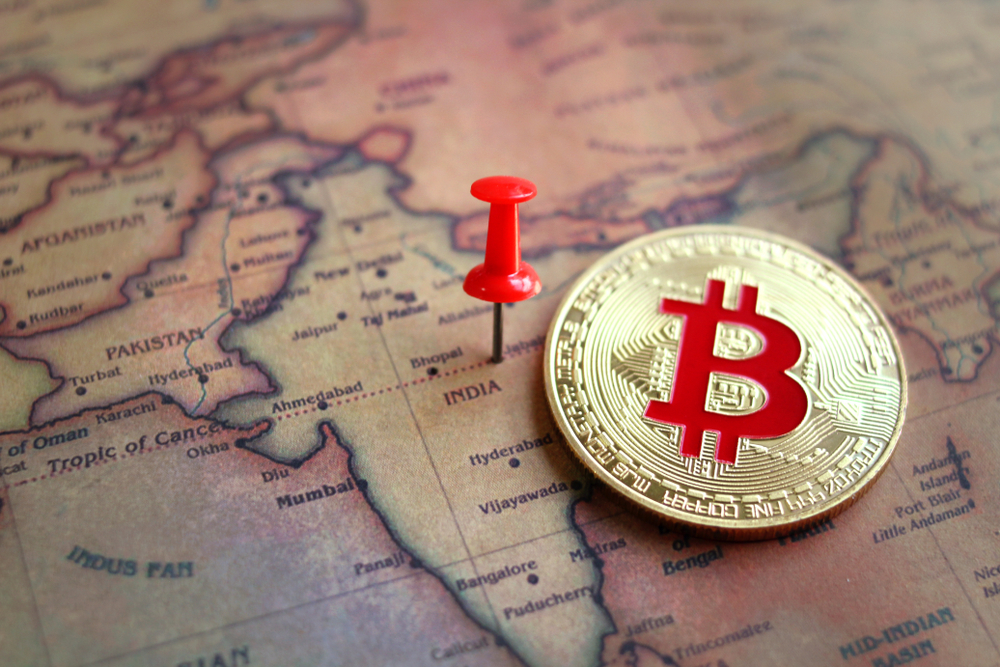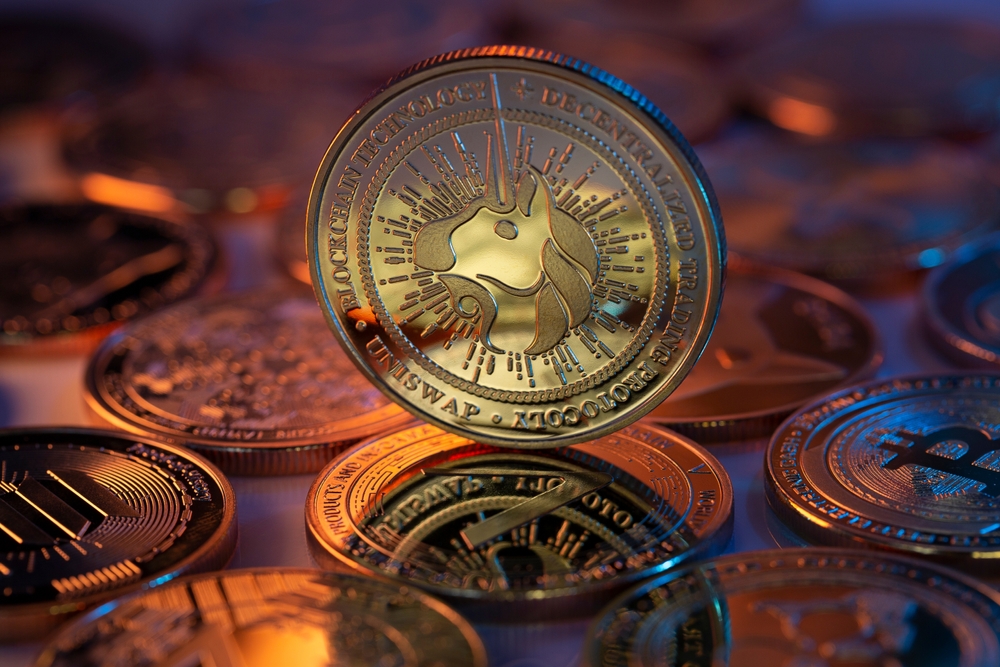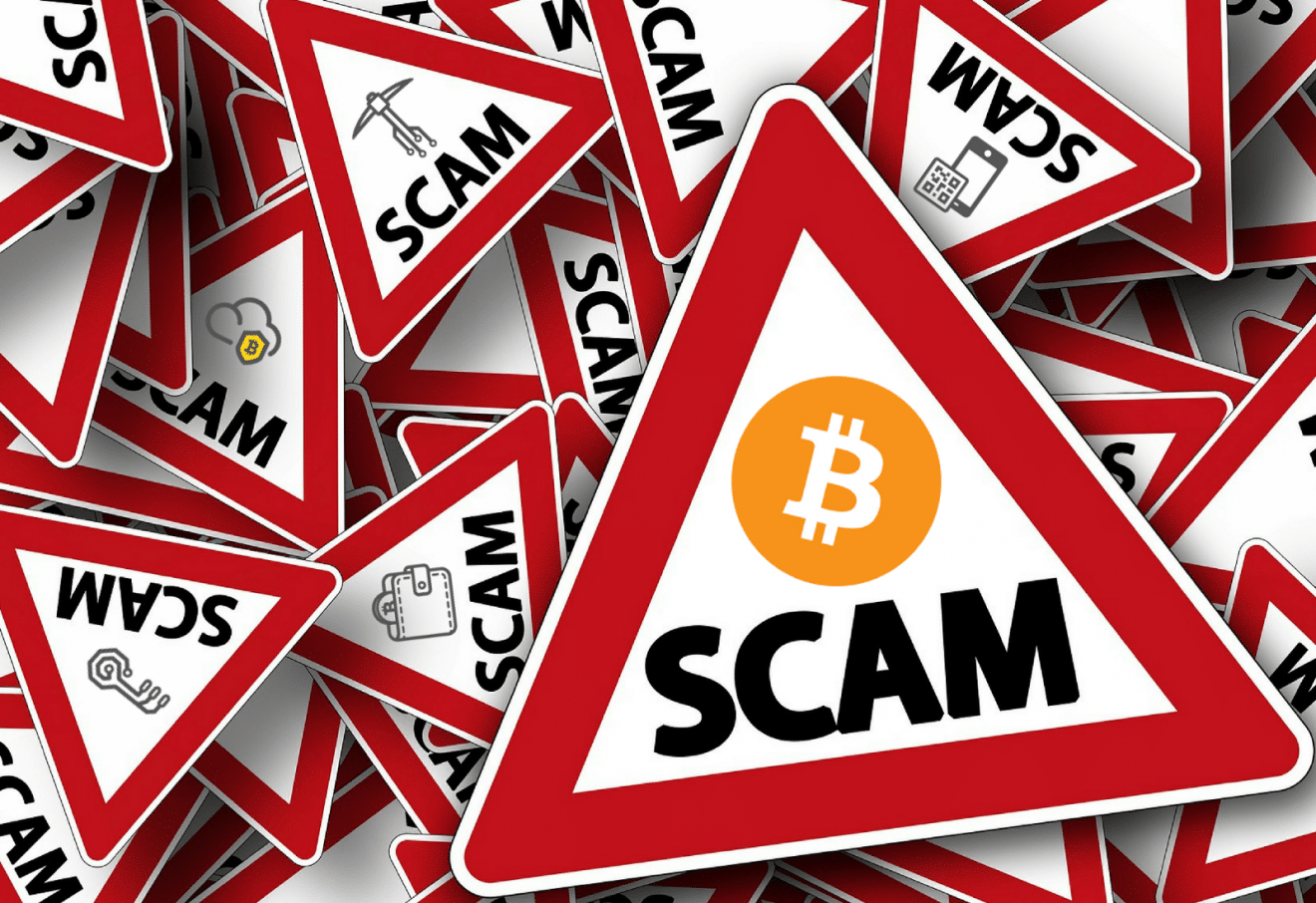A Guide for How to Recover Money from a Scam
Experiencing a financial scam is something that most people do not want to admit. Scammers are well aware of this fact and take advantage of it to meet their target. If you have been stung with a scam and lost your money, there is no reason to feel embarrassed.
Many victims who conned out of their money are highly educated and affluent. It means scammers use clever tricks, making it possible for anyone to fall for a scam. Scammers are experts at their jobs, and your embarrassment or reluctance to share your experience is the key to their non-stop success.
If you want to initiate the process of recovering your lost money, this guide will help you know what you need to do. Usually, the recovery process will depend on how you fell for the scam and lost your cash.
Debit Card Scam
In case if you used your debit card to pay, your bank may help you get your money back from the scam. Many banks use the chargeback scheme because it is a vital part of Scheme Rules. It applies to every debit card transaction, including goods priced less than £100, though rules vary from network to network like Visa, Maestro, and American Express.
However, no bank can guarantee that it will be able to recover the money using the chargeback scheme. In addition to debit cards, the said scheme also applied to all credit card transactions. It is particularly useful to recover money from a scammed purchase cost less than £100. You can also visit money-back.com to be acquainted with the ways for how to recover money from a scam.
Credit Card Scam
Many people make transactions using credit cards. If you paid for goods or services using a debit card and fell for a scam, you get better protection, specifically, if something went wrong under the Consumer Credit Act section 75 or through a chargeback scheme.
Whether or not you can make a claim depends on the type of scam that has victimized you. Some of the examples of a fraud, where the Consumer Cred Act section 75 or chargeback scheme can be your option, is where you paid for something but never received the products or services.
Section 75 makes the credit card companies jointly and severally liable for any misrepresentation or breach of contract. It applies when you buy a service or product for more than £100 and less than £30,000.
Paypal Scam
Paypal scams can be of many types. For example, you used this online payment platform to buy a product but did not receive it, PayPal Protection will help you recover the money. Lodging a crime, however, have some time limits and expectations.
Some scammers convince users to look at PayPal payment forms to get your bank information details. If this is the case with you, the PayPal Buyer Protection Scheme may not be your option to avail. Likewise, fake PayPal payment pages are not part of the transactions because it is something that the scammer used their branding without PayPal’s knowledge to make the scam look legitimate.
In some cases, scammers make payments through PayPal, receive the order but claim that they did not receive it, trying to benefit from PayPal Buyer Protection. Sellers falling for this scam may want to claim under PayPal Seller Protection. However, it has specific requirements and conditions, mainly encircling around the delivery address used in the process and the proof of delivery.
According to money-back.com, as long as you meet the requirements of the said facility, you are entitled to get protection. However, there have been cases wherein scammers are aware of these rules and specify a different address or collect the order in person. In this case, PayPal Seller Protection cannot help you because of not meeting the criteria. They might ask you why you did not post the item to the registered address of that specific account holder.
Money Transfer Frauds
Unfortunately, getting money back from a fraud is not always possible. It goes particularly true if you paid cash or received payment from wire services, including Western Union, PayPoint, or MoneyGram. Although these money transfer services cannot help you recover money from fraud, they educate their clients about how they can prevent themselves from frauds and scams. Make sure to carefully read their advice so that you can protect yourself against potential scams of the same kind.
Unauthorized Payment
There can be instances wherein you did not authorize the payment from your card. If this happens to you, contact your bank to claim it as an unauthorized transaction. You might have handed over your debit card to have a specific amount debited from it and realized that the amount debited is more than you intend to pay. In this case, you can claim for the money taken without your permission
Under the Banking Conduct of Business rules and Payment Services Regulations 2009, banks and building societies are liable for providing a refund in specific circumstances, such as the one mentioned above. It is, however, compulsory to contact your bank to report the unauthorized transaction as soon as you know about it.
Conclusion
Generally, you cannot recover the money if you have been a victim of a cash fraud. The same is the case for wire payment services, including Western Union and Money Gram. The only thing that you can do is to report the fraudulent activity to the police and trading standards and wait if they can help you in this regard.
Also Read: Cryptocurrency Fraud – How it Happens and How to Fight it
Knowing about other’s experiences is handy in understanding what steps are necessary to recover money from a scam. You can also be in touch with several support groups and websites like money-back.com, Citizen’s Advice, and Victim Support. Moreover, after you have fallen for a scam, you are more likely to feel yourself mentally drained. Do not let the situation influence your overall personality. Instead, try to be in touch with someone to talk about what you are going through.










